Katie Rose Guest Pryal makes me tired.
I’ll tell you why. She’s a novelist, lawyer, AND journalist.
Her new book, Entanglement, which I highly recommend, is out now.
She writes textbooks.
She wrote a great book called, “Writing Isn’t Sexy.” I agree, friends. Writing isn’t sexy. It’s sweat and tears and, hopefully, no blood. Or not much of it.
Katie writes for Huffington Post, The Chronicle of Higher Education, and Dame Magazine.
She has a B.A. in English. A master’s in creative writing. A law degree (Obviously. See above. But Katie is a NICE lawyer.) and a doctorate in English. She is married and has two young boys who like to laugh and run.
She is also a wonderful and generous person. I know this first hand as we are bosom buddies. Well, not really “bosom” buddies, but you get the point. Before we begin our interview, I will sit down (tired) and have some coffee while we chat…
Cathy Lamb: Katie, I am always so curious about authors, so I assume others are, too. Before we talk about your book, Entanglement, tell us about you and your life, your former life as an attorney, how you came to be a writer, and all the writing projects that you seem to juggle so calmly.
You are so busy with your writing career, it makes me want to lay down and take a nap FOR you. And I would nap FOR you, as we are pals.
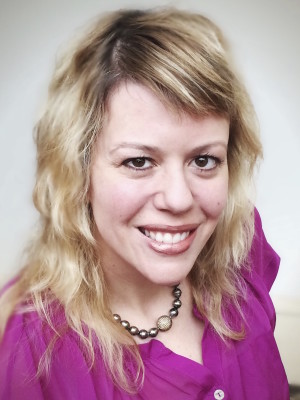
Katie Rose Guest Pryal: I was a writer, first, actually, before practical concerns got in the way. In college, I majored in English with an unofficial focus on creative writing, and after working for a couple of years, I went to Johns Hopkins for my master’s degree in creative writing. But then I had a moment of how-will-I-get-health-insurance fear and went to law school, and worked as a lawyer and earned a doctorate in English, too. (Those last few things happened rather quickly.)
I taught at UNC Chapel Hill for seven years before finally stepping back and writing full time. If you look up my name in Google Scholar you’ll find plenty of academic articles there, and I do believe my creative writing work made it easier to write them—the words just came easy to me. Writing textbooks, which I continue to do, is honestly a joy because they combine writing with teaching, but unlike teaching, I have the freedom to work on them on my schedule and I don’t have to grade stacks of papers.
Tell us about your book, Entanglement. Give us the guts of the book, so to (crudely) speak.
Entanglement tells the story of two friends fresh out of college: Greta, hyper-analytical and self-sufficient, and Daphne, empathic nigh to the point of extrasensory perception and effervescently beautiful. Both left behind unbearable families, and they are best friends. They move to Los Angeles together to start new lives, but quickly those lives fall apart.
I love the title Entanglement, and as I read the story, it fit more and more perfectly. People are a mess. Relationships are a mess. Friendships are a mess. What did you find most interesting about the relationships you developed in this book?
The relationships in Entanglement really prove the truism that the harder we try to hold on to someone, the more easily we lose them. But if we let someone be the person she’s supposed to be, she’ll be loyal to the end.
I loved this line, “Everyone she’s counted on has betrayed her.” So gripping. Did you know that betrayal would be a theme from the start? Also, there seems to be a theme of forgiveness, too, from Greta to Daphne. Can you address this? What were the other themes and why did you choose them?
At the beginning of the book, Greta sees the word in far more simple terms than she does by the end. So at the beginning, she has a hard time forgiving people who hurt her—who betray her. As she starts to understand peoples’ complexities better, forgiveness comes easier to her, because human weakness finally becomes a phenomenon that she can wrap her intellect around.
Love the depth of that explanation, Katie. I had to sit back and think about that…
Which character was your favorite and why?
I love my two main characters, Greta and Daphne, each for different reasons. Although neither one is perfect, each loves the other so completely.

Tell us about your writing process. For example, did you write character sketches on each of your characters first, before you started to write, or did the characters develop on their own? The dialogue sounded so realistic, the people felt so authentic, it made me wonder…Did you write an outline? How many times did you edit the book?
At the beginning, I had the idea in my head of a book about two friends whose lives fall apart, set in Los Angeles. I also knew the peak point of the book—but not how it ended. In fact, the exact ending that the book has now, which I love, I didn’t figure out until very near the end of the revision process.
Regarding character sketches: I love writing those, and I live for them when I’m writing. I create a document for each character and just make lots of notes about who she is, where she’s from—literally and metaphorically—and so on. I may never use the material in the document, but I know what it is, and the material helps me ensure that the character’s motivations stay true.
Katie, I understand. My characters are living, breathing, temperamental, crying, loving, scheming, desperate, joyous, screaming, laughing, falling in love people in my head who I watch and listen to. It’s the craziest thing, isn’t it, to have full blown people in your head?
But back to you.
What is your day like? How do you blend being a mom and being a writer? Any tips for all the moms out there who are now trying to build writing careers on how to balance time and children and career?
My day is nuts. I have two small boys, ages four and six. During the school year we’re all up at six (or earlier) to get ready for school and work—my husband owns his own company, so the buck stops with him. I now own my own company, between writing books, freelance journalism, working as a writing coach and editor, and my other income streams.
I make sure my husband is able to leave for work by seven, then I load the kids in the car by seven-fifteen and drive them to their schools. (One more year, and they’ll be at the same school. One. More. Year.)
Then, I go to meetings, write whatever I have due that day, hold Skype conferences with clients or co-authors, and more.
When it comes to being a parent and a full-time writer, I just make sure that my family knows I love them all the time and no matter what, and I also take the time I need to get my work done.
My advice for others is to figure out what organizational method works for you and then use it. Don’t hold back: use it like crazy.
I live for two pieces of software—my calendar application and my to-do list application. They keep everything organized. But calendars and to-do lists only work if you use them all the time. You have to use your method, whether it is a pen-and-paper planner or an online calendar, for it to work.
I also recommend, strongly, scheduling blocks of time for writing, and treating those blocks of time like you would any other event on your calendar—as scheduled events that can’t be rescheduled or scrapped. Those blocks of time are just as important as anything else someone might ask you to do.
That’s what I should do – schedule blocks of time to write. Often I get everything else done on my “to – do – now” list, THEN I write. I should do this the other way around. Thank you.
Any other advice for writers?
Don’t be afraid to work on multiple projects at once.
I always have more than one thing going on: some journalism pieces, a textbook (or two), and a novel. Sometimes you run out of fuel for a big project, but finishing a short piece can help you get back in the groove.
And having two types of big projects to work on, two types that are very different from one another, can really make a difference in both your productivity and your ability to stay fresh. You might only be able to work on your novel for 2-3 hours per day before losing focus. But you might be able to work on a different kind of book for another 2-3 hours in the day. Before you know it, you’re writing full time.
Love that. Very inspiring, Katie. I didn’t think of it that way, but you’re completely right. You can be done with a project for the day…and then you move to the next project.
Three places you want to visit in your lifetime.
I love to travel. Before we had kids, my husband and I traveled all the time. We’ve put our travel plans on hold while raising kids and saving money for retirement and college. Once the kids are older, though, we plan on traveling again.
The strange thing about me is, the location doesn’t matter; what matters is how the trip is planned. I like to go to one city, rather than city-hopping. I like to stay in one hotel, right in the middle of things. And I like to stay a while, at least a week. I leave my days completely unplanned. And then I just wander around, getting a feel for the city, for how people live there, doing the ordinary things that people do, trying to be as unobtrusive as possible.
If I had to pick three cities, at this point in my life they’d be Copenhagen, Berlin, and Athens. Once the kids are older and can come with me, we’ll go to Spain, because they speak fluent Spanish.
Three things you love to do.
I love to have a full day in front of me to write. I love being woken up by my kids in the morning, especially when they’re being particularly silly. I love going to dates with my husband when we end up at a place that’s completely empty except for us.
A snippet of Entanglement I loved for our readers here…you have to read that last line. So intriguing.
She blinks once to clear her vision, to refocus. She knows she probably won’t die of her head injury, although she had trouble maintaining consciousness when she first awoke twenty-four hours ago.
A concussion, the doctor said. You’re out of the dark, but this is going to hurt like hell.
She appreciated his honesty. It seemed to be in short supply in her life.
The hospital reminds Greta of her daily vigils at her dying mother’s bedside when she was in high school. She glances at the empty chair next to the bed, grateful no one sits there out of obligation or duty. Marcellus, her landlord, who came with her to the hospital, left soon after the doctors whisked her into radiology. Even Daphne and Timmy have left, sent away by Greta after she woke.
She couldn’t stand to see their guilty faces.
Another snippet I found intriguing…
But Daphne would never tell Sutton she grew up in a 900-square-foot manager’s cottage attached to a low-lying motel that looked like it would be swallowed by sand dunes during the next hurricane. That she grew up sharing a bedroom with her three sisters, and that the six members of her family shared one mildewy green bathroom. That their carpet was polyester shag from the late 1970s and smelled like old dog even though they’d never owned a pet.
She’d told Sutton she lived in Wilmington, in one of the new subdivisions south of Market Street…
Links to excellent articles Katie has written…
“Being Counted: Reporting My Rape at a School Under Title IX Investigation.” The Toast. 16 Sept. 2014.
“The Trouble with the ‘No-Matter-What’ Rule.” Chronicle of Higher Education Vitae. 13 Oct. 2014. (Co-Author Kelly J. Baker)
“A Manifesto for the Freelance Academic.” Chronicle of Higher Education Vitae. 31 October 2014.
“Letter from the Weird Mom at Kindergarten Orientation.” Huffington Post. 24 February 2015.
“Breaking the Mad Genius Myth.” Dame Magazine. 23 April 2015.
Katie’s Huffington Post Articles
http://www.huffingtonpost.com/katie-rose-guest-pryal/
Chat with Katie here:
katie@katieroseguestpryal.com
web: katieroseguestpryal.com
writing: katieroseguestpryal.contently.com
twitter: twitter.com/krgpryal
news: bit.ly/pryalnews
Purchase Entanglement:
http://www.amazon.com/Entanglement-Katie-Rose-Guest-Pryal-ebook/dp/B00YMKLAY4/
Blog
http://katieroseguestpryal.com
Book Website:
http://entanglementnovel.com
Newsletter:
http://bit.ly/pryalnews
Facebook Author Page
https://www.facebook.com/katieroseguestpryal
Twitter
https://twitter.com/krgpryal
Goodreads Author Page
https://www.goodreads.com/author/show/5768742.Katie_Rose_Guest_Pryal
Entanglement Pinterest
https://www.pinterest.com/katiepryal/entanglement-novel/
Katie’s bio…
Katie enjoys her three professions—novelist, freelance journalist, and lawyer—for one reason: her love of the written word. Fiction or nonfiction, Katie thrives on putting thoughts to paper and sharing them with the world. She lives in Chapel Hill, North Carolina, where the energy of the campus and cafes inspires her writing. Her first novel, ENTANGLEMENT was published in June 2015 by Velvet Morning Press. You can read the free prequel novella now, LOVE AND ENTROPY, and grab a free copy of Katie’s writing guide, WRITING ISN’T SEXY, by subscribing to her email list.
Katie contributes regularly to THE HUFFINGTON POST, THE CHRONICLE OF HIGHER EDUCATION, THE TOAST, DAME MAGAZINE and other national venues. (You can view her writing here.) She earned her master’s degree in creative writing from the Writing Seminars at Johns Hopkins, where she attended on a fellowship. Katie has published five books on writing, the most recent with Oxford University Press, and although she has impeccable grammar, she would never correct yours.


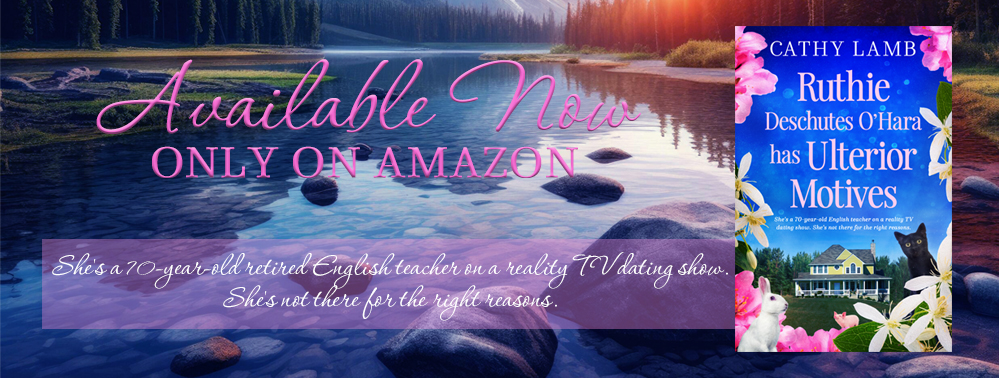
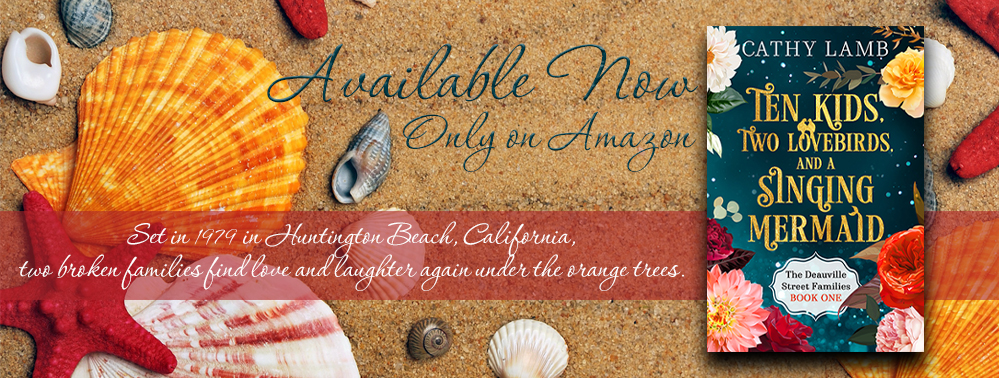






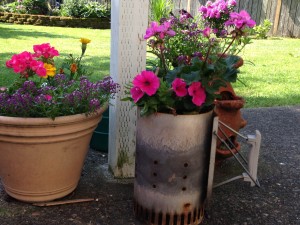


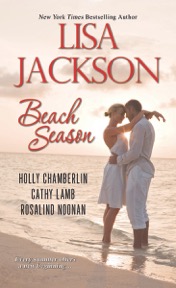

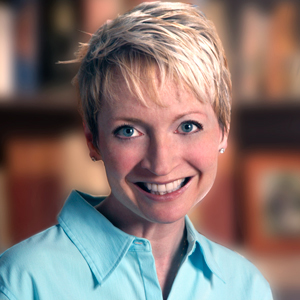
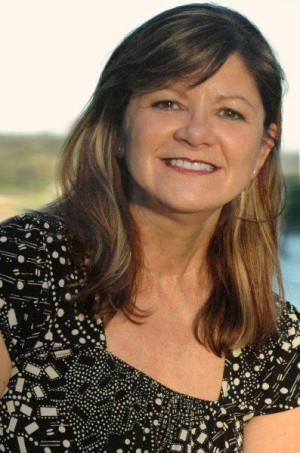
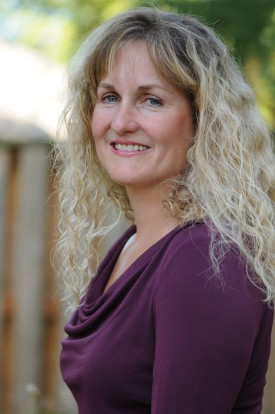
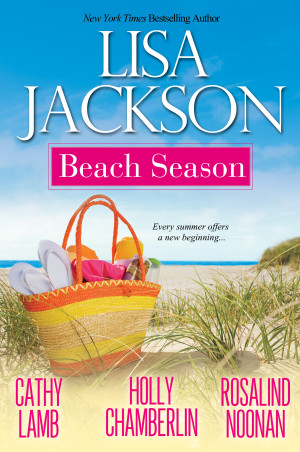
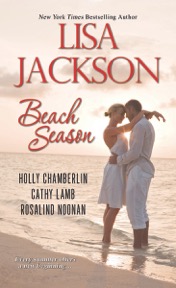
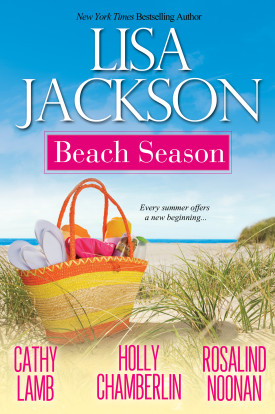
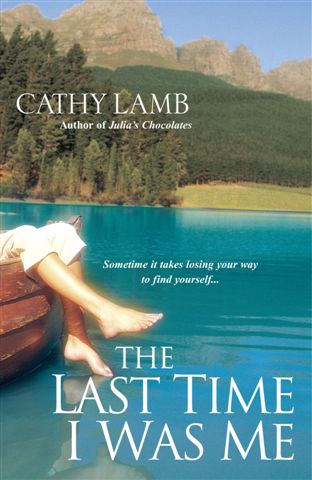
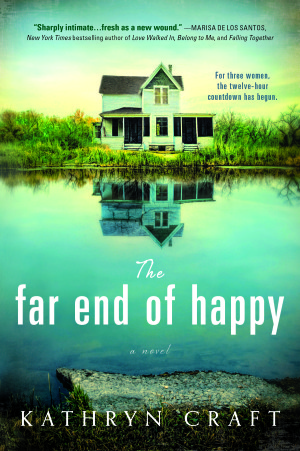
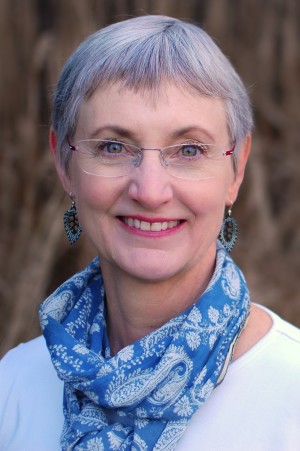
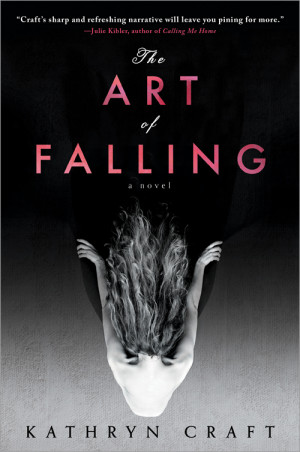
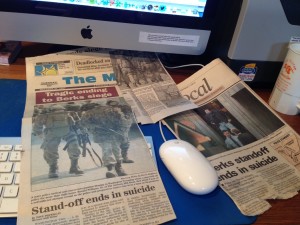








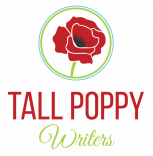
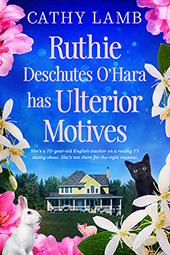
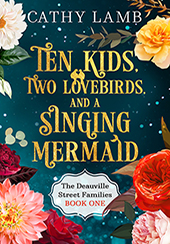
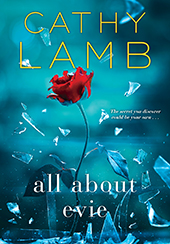
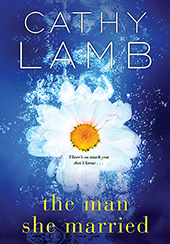
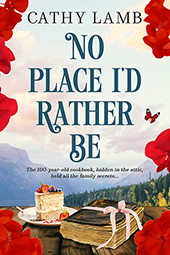
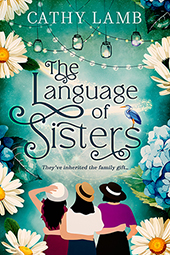
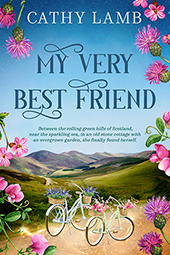
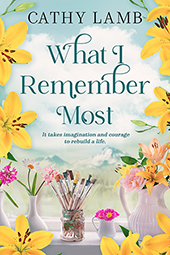
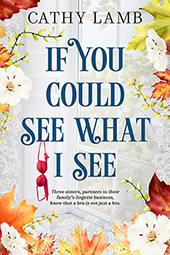
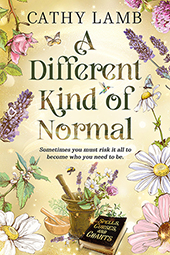
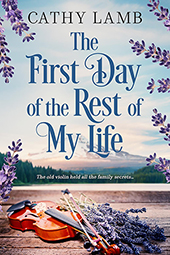
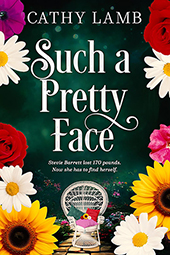
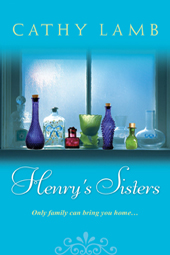
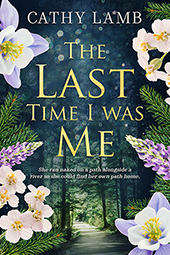
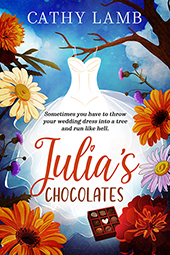

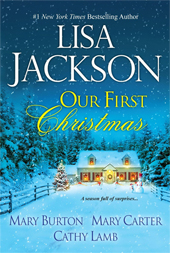
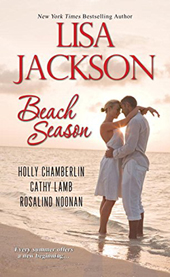
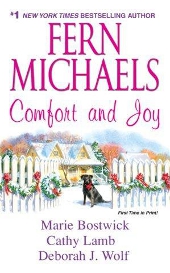
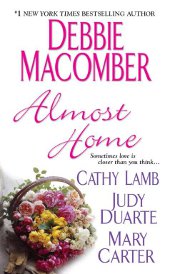
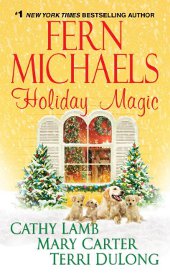

Hey Cathy,
I’m a thief. Hang around me long enough and I will add some aspect of your life, your essence, into whatever I write. I’m an observer by nature — intuitive, feeling (an ENFJ, to be precise) — and use those traits to tap into deeper character development.
I just finished a Gaiman book (The Ocean at the End of the Lane) and in his acknowledgements, he writes:
“The family in this book is not my own family, who have been gracious in letting me plunder the landscape of my own childhood and watched as I liberally reshaped those places into a story. I’m grateful to them all, especially to my youngest sister, Lizzy, who encouraged me and sent me long-forgotten memory-jogging photographs (I wish I’d remembered the old greenhouse in time to put it into the book.)”
If you pay close enough attention to the world around you, you’ll notice it’s chock-full of nuts…I mean, characters.
Thanks for your article, and best wishes on your tenth release!
Dear Mike,
I love the first line of your comment, “I’m a thief.”
Yep. I understand…
I’m a thief, too, in a nice way….most of the time.
This is great Cathy! Especially timely for me as I develop a new project. I’ll keep it close.
Well, thank you, Kathryn! I appreciate that!
It’s so easy to look around at your own life and get ideas. Everything and everyone can be inspiring and what you learn and feel can be twisted up, thrown around, spun about and…wham. A new idea.
Good luck with your next novel!
The easier question would be: what haven’t I stolen from my life. Excellent post! Sharing…
Oh, Sue.
You must steal.
I never use the real names of people I know. I would never write anything that would embarrass my kids or my husband. I have never written a character that is like anyone else I know…just tidbits.
I do take things I hear and see and use them in my books. Your own life is a minefield, in a good way, for stories. So use it!!
Totally agree. I’ve turned two bosses who did me wrong into sleazy bad guys in a couple of novels. I smile every time I read their parts.
Ray,
That is hilarious.
I can see why that bit of stealing still brings a smile to your face.
Thanks, Cathy. I do this–sometimes needing to disguise the plundering I have done. But emotions, no matter what triggers them can be utilized in so many fictional situations. Of course the writing icon who did this was Stephen King–taking all those boys in his youth that bullied him and killing them off in his stories!
Beth,
I did not know that about Stephen King. He actually used their REAL names and then killed them off?
Clever. Vengeful. Revengeful. Deserved.
I love it.
It’s amazing what a treasure trove of story ideas your life experiences can produce. Most everyone – writers included – thinks their lives are too boring to serve as inspiration, so they often create outlandish tales. In looking back at my 51 years thus far on planet Earth, I’ve found a gold mine of great characters and excellent one-liners. I just change the names…to protect myself.
Alejandro,
No life is too boring to steal from. Plus, we have our imaginations that can be plundered. I’ll get a spark of an idea from life, from people, a situation, and I’ll flip it around and think about it and turn it sideways and there ya go. I don’t think life has to even be that interesting at the moment…you just have to see it differently. You have to be thinking and inventing and creating.
And listening. I think that’s key, too. And eavesdropping in Starbucks DOES count as listening…
Thanks, Cathy, for the good advice. I too believe our experiences—especially our close relationships—and our internal lives are vital assets when writing fiction and creative nonfiction.
Whenever our imagination is malfunctioning, we can rely on our memory. If our experiences are something we’re reluctant to make public, it’s not all that difficult to alter what we actually did, said, or thought. That’s part of being creative. Just think of something you’ve done or said—or something wish you’ve done or said—and use that until your imagination wakes from its cat nap. Then your imagination might take your actual experience or revised experience build on it.
Using my actual experiences and behavior works when writing male characters, but not so with female characters. When creating women, I rely on memories of women I’ve met throughout life, or on the ones I’ve spied on in the supermarket, while riding the bus, standing in line at the theater. . . I’d feel uncomfortable having a female character talking or behaving like me, or like any other man. Building characters on women I’ve known, and on strangers I’ve surreptitiously observed, is taking them from my own experiences. Then I use my imagination—plus I rewrite, revise, and edit.
But is it really “stealing” if everything about our lives belongs to us?
Lamont,
The other way I’ve found that is very helpful to get ideas is to journal. When I’m drafting a novel, sketching out characters, or when I’m stuck in a novel, I journal. I just write crap. Thoughts, worries, problems, things I’m thinking through, and it’s amazing what comes of that process – not typing, but writing long hand.
I don’t write through men’s eyes, I write through women’s eyes – I am not sure I could be authentic if I wrote through a man’s eyes, but it’s an interesting question you’ve made me think about, and I like the way you go about writing about female characters – with thought, deliberation, insight.
Cathy, a great expansion on “write what you know”. And more food for thought as we mine our experiences and the personality traits of people in our lives. Thanks for this interesting post.
Deborah.
I actually believe in both schools of thought – Write what you know AND Write what you don’t know.
There has been so much that I have written about in my novels that I don’t have a clue about – so I study. I research. I interview people. I talk and listen. I read books and magazines.
Currently my next book is partially set in Russia between 1975 – 1985. I have no clue about what life was like there then. So I’m researching and studying. That’s one of the fun parts about writing. What you don’t know, you learn.
Cheers